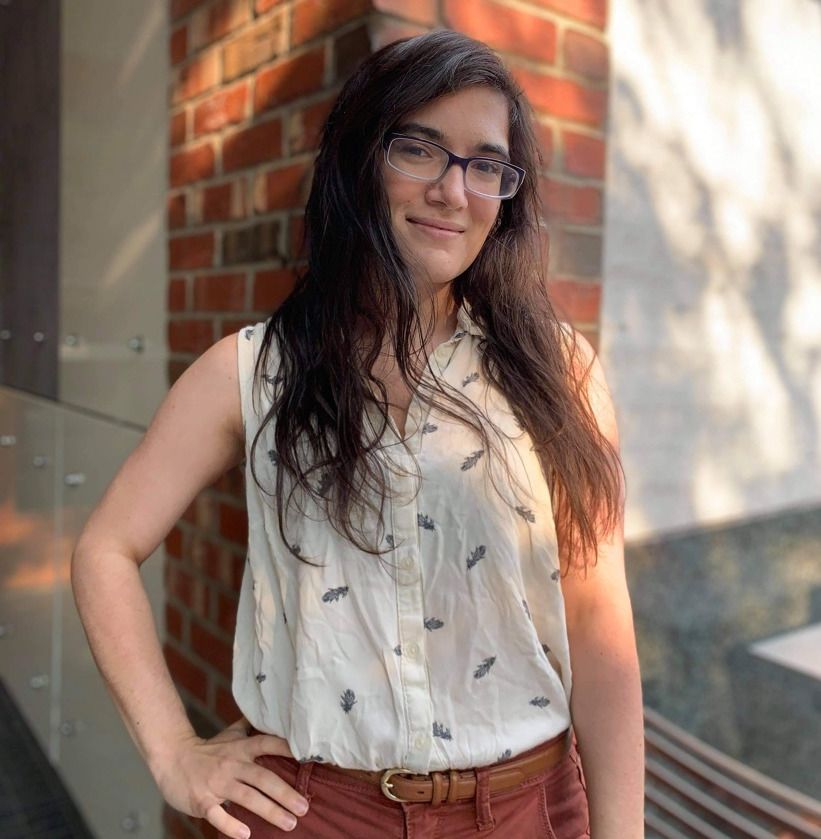297 reads
The Question of Ethics in Decentralization
by
November 5th, 2021
Audio Presented by

VP of Panda PR and Marketing. Passionate about blockchain, crypto, and space tech. Bluegrass musician in my spare time.
About Author
VP of Panda PR and Marketing. Passionate about blockchain, crypto, and space tech. Bluegrass musician in my spare time.
